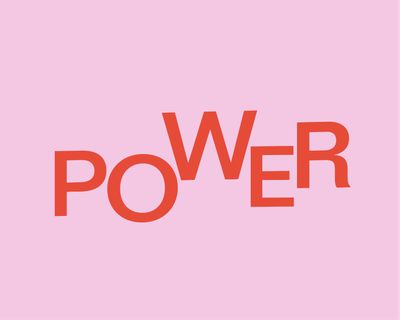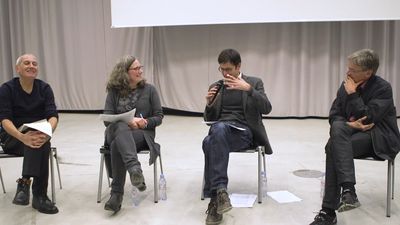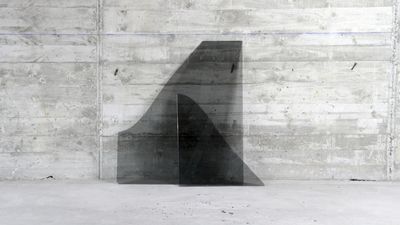Portraits Iv: Territory/PoliticsFrançois Charbonnet in conversation with Daniel Niggli
In the chapter XVI of his Leviathan: Of Persons, Authors, and Things Personated (1651), Hobbes defines the person as he “whose words and actions are considered, either as his own or as representing the words and actions of another man (…)” accordingly delineating two subcategories: that of the natural person—when the words are his own—and that of the artificial person—when these are representing the words and actions of another; he further states: “Of persons artificial, some have their words and actions ‘owned’ by those whom they represent. And then the person is the ‘actor’, and he that owns his words and actions is the ‘author’, in which case the actor acts by authority—but is not the author (…). So that by authority is always understood a right of doing any act, and ‘done by authority’, done by commission or license from him whose right it is.”
The distinction between authorship and actorship expediently polarises the paramount questions of the What? and of the How?, of the content and of the form. The point is not to apply a literary notion to some emulative acceptation of its content, but rather to hypothetically submit a conceptual intendment to its potential adequation in the field of architecture; and as such, Hobbes’ axiomatic statement informs us on the condition of the architect, whose authority is fundamentally a licensed and commissioned one; as the tributary of given programmatic, economic, and legal prerequisites and impelled through exogeneous necessities, architecture resolutely assigns its agent to performing a given act in the name and interest of (x): the architect is a political actor.
François Charbonnet studied architecture at ETH Zurich and collaborated with Terence Riley, Architects in New York (1997–98), Herzog & de Meuron (2000–03), and on a joint venture between Herzog & du Meuron and OMA (2000–01) before founding Made in with Patrick Heiz in 2003. He has also been a visiting professor at the EPF Lausanne, ETH Zurich, and the University of Lugano in Mendrisio, Switzerland. As of 2017 he is Visiting Professor at the Kyoto Design Lab, Japan.
Daniel Niggkli is founding member of the Zurich and Berlin based architectural practise EM2N. Their work has received several awards including bestarchitects, Umsicht-Regards-Sguardi, the Auszeichnung Guter Bauten from the City of Zurich, the Canton of Basel-Stadt and Basel-Landschaft, they received the Swiss Art Award in Architecture. Together with his office partner, Matthias Müller, they have been visiting professors at the Swiss Federal Institute of Technology in Lausanne, as well as in Zurich.




